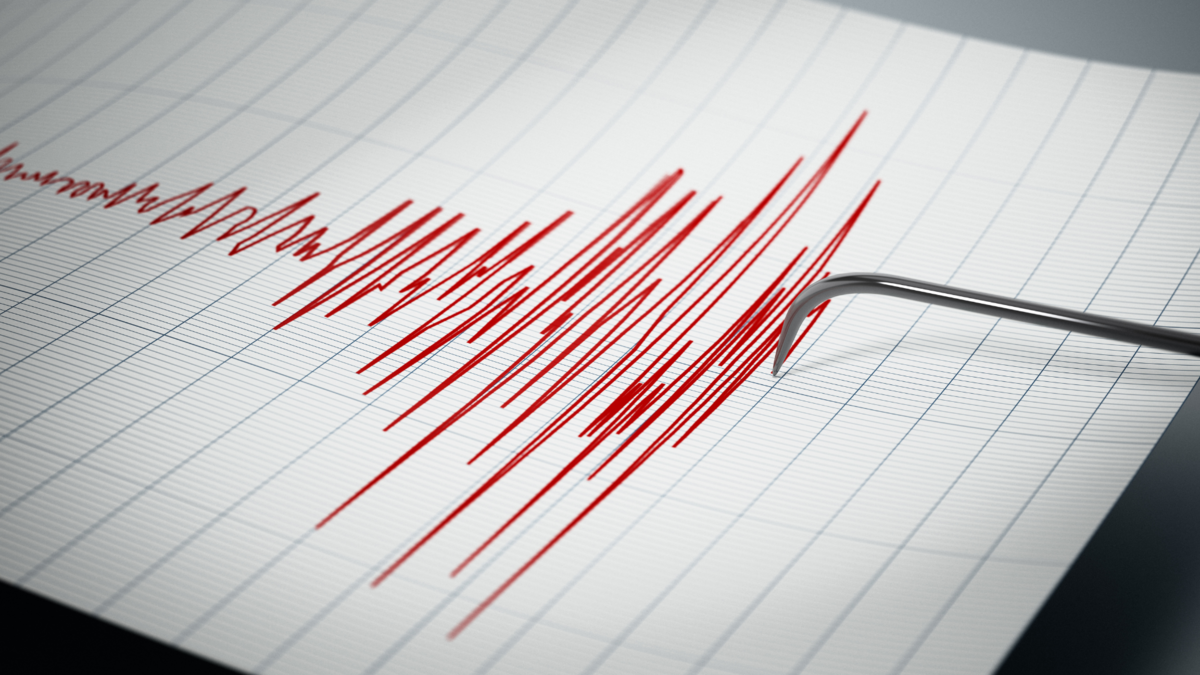The death toll from the 6 February earthquake disaster topped 41,000 in Turkey and 6'000 in Syria and the full scale of the earthquake disaster is still unfolding. The World Health Organization (WHO) called the Turkey-Syria earthquakes "Europe's worst natural disaster in a century", estimating that some 26 million people across both countries need humanitarian aid and immediate assistance.

The tragedy is being compounded by the fact that the area of north-west Syria is devastated by twelve years of war that wiped out much of the area’s infrastructure.
UN agencies as well as international humanitarian organizations have stepped up financial and charitable support to Turkey and Syria. Several governments have expressed their condolences and many countries have provided humanitarian assistance and help to the affected populations of the two countries.
Human solidarity has, at least temporarily, created unity and harmony even among enemy countries that have put aside their political differences to participate in disaster relief efforts.
Israel, an old enemy of Syria, has authorized humanitarian aid to its neighboring country. Germany, France, the US and the UK, which temporarily closed their consulates in Istanbul days before the earthquake, are deploying rescue teams and offering aid to Turkey. The US has temporarily eased its sanctions on Syria in an effort to speed up aid deliveries to the country’s north-west.
Tales of international aid that alleviate human tragedies are heartwarming. Acts of solidarity seem to be acquiring a new quality of late, accompanied by the perceived decline of human solidarity in daily life but also by its emergence in critical situations, like war, violence, and natural disasters.
Solidarity is often confined to the realm of rhetoric or merely described as a manifestation of sympathy or altruistic benevolence. For believers, solidarity is a moral virtue and monotheistic religions calls for solidarity in the event of disasters as all humans are part of one family, all equally images of God.
Disasters are particularly challenging for religions, as they appear to clash with the theological notion that a loving God cares for humans.
Interestingly, the concept “act of God” represents, in biblical terms, the great works performed by God on behalf of his people and in execution of his own purposes in history; whereas, in legal terms, an "act of God" refers to a severe, unanticipated natural event including earthquakes or tsunamis for which no human is responsible.
The theological reflection has provided ways to sustain belief in God despite the existence of disasters, as recently reminded by Pope Francis: ‘Faith illuminates pain and drives effort to rebuild’, on the occasion of his visit to the Italian city of L’Aquila, hit by an earthquake that killed 309 people in 2009.
Even those who do not have faith in a providential divinity can still experience a sense of the sacred beyond them, linking it to the possibility that good can come even from terrible disasters.
Debunking morality
So what, if any, are our ethical or moral[1] obligations in relation to people struck by disasters?
Not so obvious a problem once you realize that many cultures do not recognize notions that seem obvious to us. In Western culture, in fact, religion and morality have been closely intertwined from the beginning of the Judeo-Christian faiths and of Greek philosophy.
Importantly, moral, and political philosophy offers numerous approaches to addressing ethical issues that arise in responding to disasters[2], leading to ethical dilemmas often quoted as a justification for the disparity in the way international rescue is delivered to different countries or groups of people.
In fact, while many countries are showing solidarity with Ankara, Damascus cannot count on the same unconditional support, after 12 years of civil war and international sanctions against its leaders. In this context, when individuals and governments ponder the dilemma of providing aid to the earthquake victims in the face of political conflict, the content of the decision is as important as the way we arrive at it.
These dilemmas could be solved if the various aspects of our moral sense, including the idea that it's bad to harm others and it's good to help them, as well as that one should reciprocate favors and punish cheaters, could be derived by just a few natural assumptions, shared by the vast majority of individuals.
Philosopher Umberto Eco based the principles of a secular (non-religious) ethics on our physical being ("we must respect the rights of everyone's body, including the right to speak and to think") and on the presence of others ("we can die or go mad if we live in a community in which everyone has agreed never to look at us"). Eco convincingly argues that such a natural ethics is sufficient to spur people to do good and to offer humanitarian aid in disasters, therefore, I would hazard, solving the dilemma of solidarity in the face of political conflict.
The international community has shown an uncommon unity and cooperation in its response to the Turkey-Syria earthquake, warming the world. However, it is disingenuous to conclude that international solidarity has been motivated by love, friendship or some metaphysical virtue. Aiding the people of Turkey and Syria is a collective moral duty that may direct countries and individuals to do the right thing also in the next disaster.
Francesco Mandalà, PhD
Chief Investment Officer
[1] Etymologically, the term ‘moral’ comes from the Latin mos, which means custom or habit, and it is a translation of the Greek ethos, which means roughly the same thing, and is the origin of the term ‘ethics’.
[2] See "Disasters: Core Concepts and Ethical Theories", edited by D. O’Mathúna, V. Dranseika, B. Gordijn (Springer, 2020).

